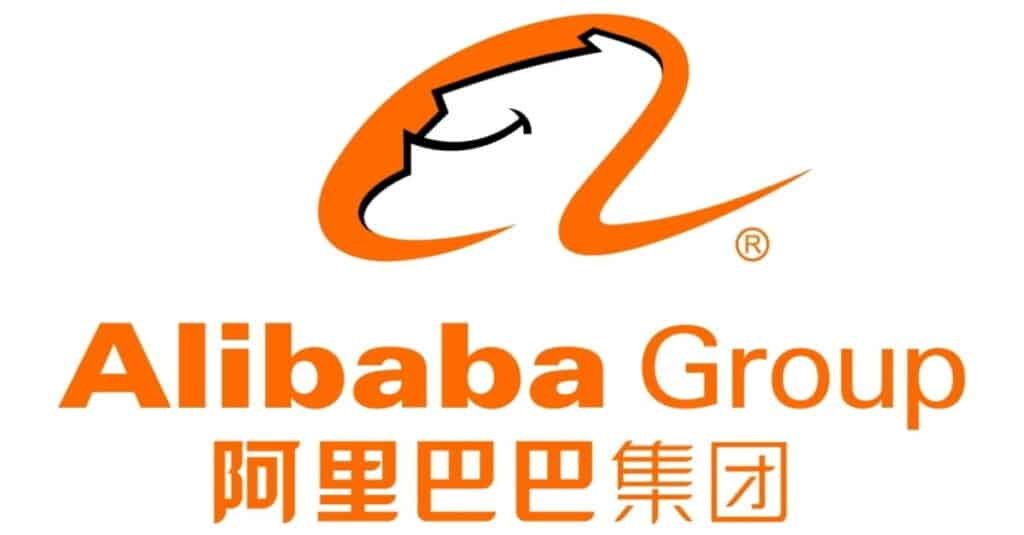China is the capital of forgery of luxury-brand products. Outside any market in the country and people will find vendors selling goods that wouldn’t be found at any other place, but the luxury store and it seems to be too good to be true. While it’s common to find normal counterfeits, the more damaging counterfeit goods are those identical to the real thing that it is really difficult to identify the differences. The impact of these counterfeit products with luxury brands a loss in sales, brand integrity, and identical trademark laws which enforces intellectual property rights. For these major luxury brands, China’s counterfeit goods are a serious threat.

Statistically, the global counterfeit trade is worth an estimated $461 million, or 2.5% of trade worldwide. There have been attempts to instill regulation to international trade of counterfeit goods, but the number of these sales has doubled in the past decade. The latest Global Brand Counterfeiting Report said that losses from counterfeiting sales was an estimated $323 billion with handbags alone accounting for $20 billion. The report also said that 80% of the world’s counterfeit goods came from China with most of these consumers being in China also. Part of this comes from China’s authoritarian laws that curb labor rights, have low wages for workers, and the country’s trade conflicts with major partners.
Many buyers are unaware that these goods are fake, also called deceptive counterfeiting, which is commonplace in China because of consumers’ demand for high-quality products. Most of these consumers come from the middle classes, who also fill a large market for non-deceptive counterfeiting, meaning they knowingly buy a fake item. They will buy a bag that could cost $1000 rather than pay $10,000 from Louis Vuitton or Gucci. These buyers want these goods to copy the upper class and even improve on their social status. It is cheaper to buy them rather than the authentic kind, even if they have the money to do get the real thing.

Businesses such as Wiser Market, working with Alibaba, are incorporated within an open partnership that thrives in the E-commerce ecosystem that benefits everyone. China’s counterfeit market has now expanded to online shopping and the government has made moves to counter this trend. Major brands have complained that their previous laws lacked and punishment or oversight, which is why the State Administration for Market Regulation recently revealed strict enforcement of punishment for online sales that fail to protect consumers and trademark owners and do not cooperate with regulatory enforcement. Their e-commerce law now pushes heavy fines on online platforms for selling fake goods, as well as punishments for false advertising. The notable online marketers include Alibaba and Taobao, who have been accused of various violations in selling counterfeit goods.
While there have been moves against selling fake goods, there will always be a market in buying them. They have been called fashionistas in buying the best new products that come out seasonal, fake yet so close to the real thing. They think counterfeit purchases are not as bad as they are not familiar to the general public. There is no knowledge on the damage they do to these brands, such as de-valuing them and making the brand less exclusive. There will need to be more done to stop China’s counterfeit market.
